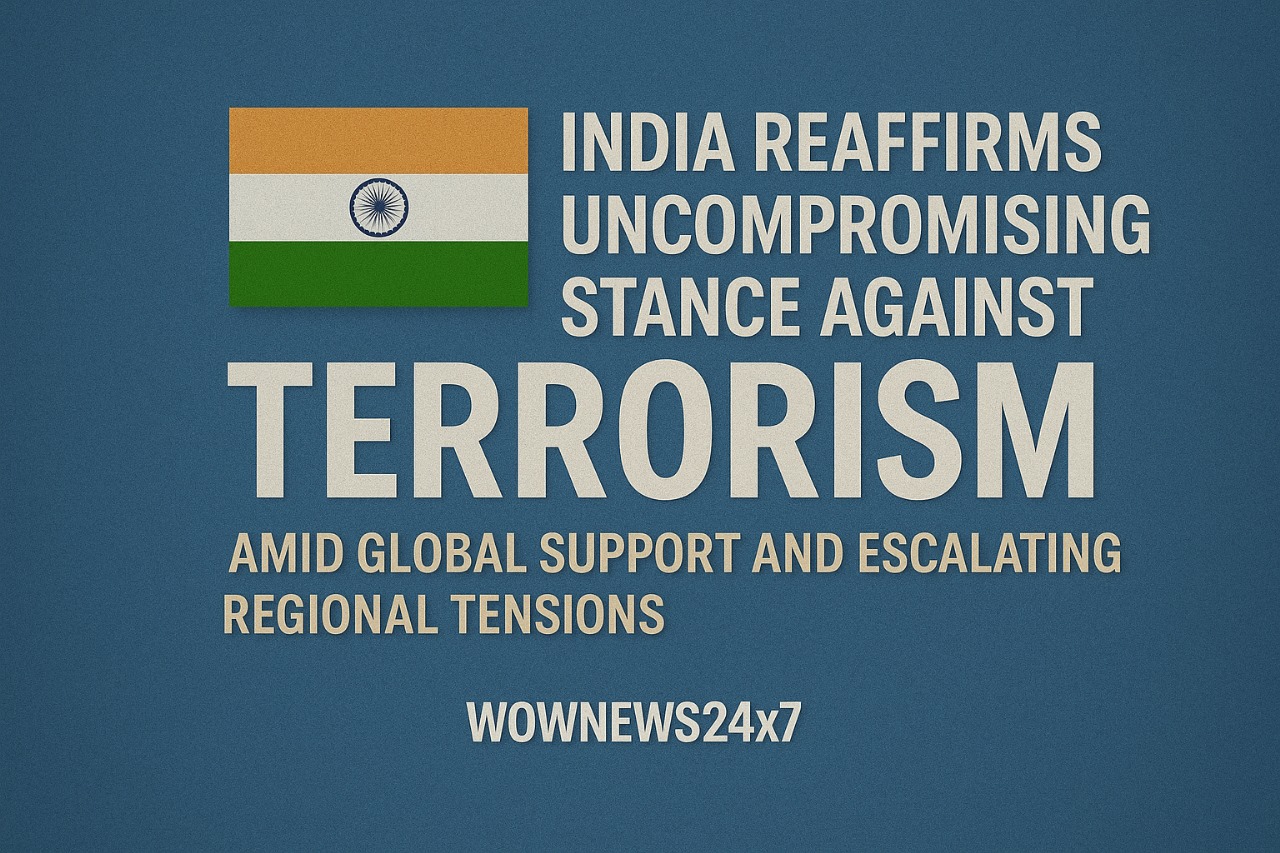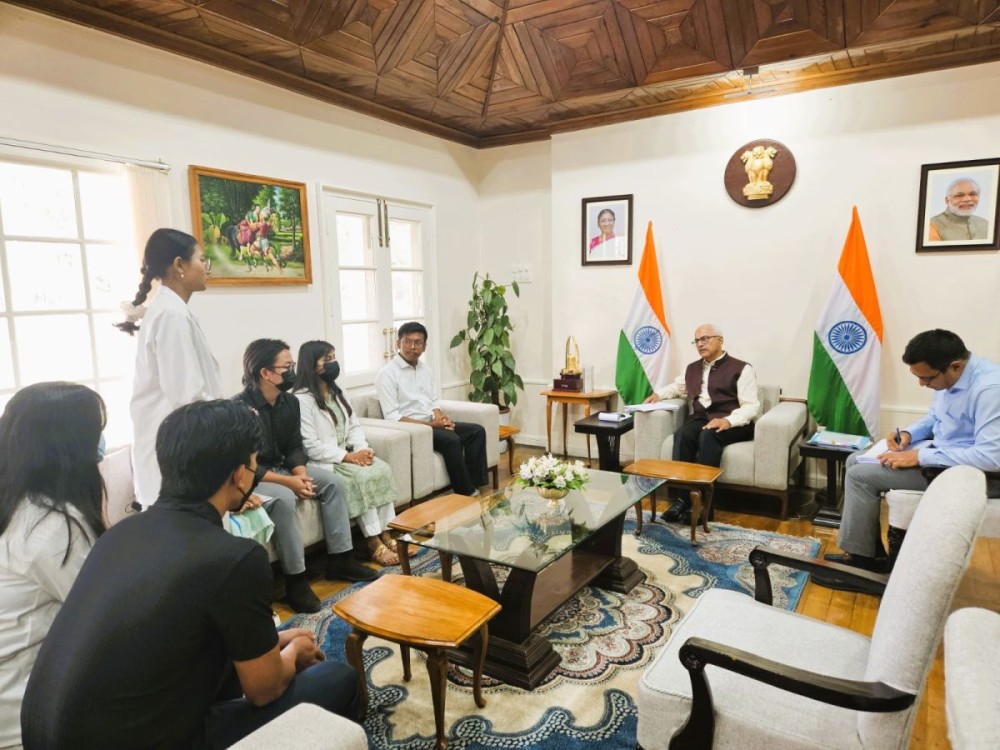India’s Foreign Minister has reiterated the nation’s unwavering and “uncompromising stance against terrorism in all its forms and manifestations,” vowing that this policy will continue regardless of evolving threats or international pressures. The statement comes as India faces heightened security concerns following the Pahalgam terror attack, and as the country garners strong international backing for its robust counterterrorism measures, including the recent Operation Sindoor.
Firm and Uncompromising Policy:
External Affairs Minister S. Jaishankar emphasized that India regards terrorism as a “shared threat to the international community” and will maintain its resolute response. Speaking at the 80th anniversary of Victory Day, he called for stronger international solidarity and cooperation against terrorism, underscoring that India’s current actions are part of a broader, ongoing strategy to confront and eliminate terror threats.
Operation Sindoor and International Backing:
India’s recent Operation Sindoor, launched in response to the brutal Pahalgam attack that killed 26 civilians, has received widespread support from the global community. The United States, United Kingdom, Israel, Saudi Arabia, Qatar, UAE, and the European Union have all issued statements backing India’s right to self-defense and condemning terrorism. Leaders from these nations have recognized that India’s strikes targeted only terrorist infrastructure, avoided civilian areas, and were carried out with restraint and precision.
Escalation and Policy Shift:
In a significant policy evolution, India has declared that any future terror attack on its soil will be treated as an “act of war,” signaling a readiness to respond with decisive military force if necessary. This marks a departure from previous approaches, positioning terrorism not merely as a criminal issue but as a direct threat to national security and sovereignty.
Long-Term Counterterrorism Strategy:
India’s response goes beyond military action. The government has imposed economic and diplomatic measures against Pakistan, including the suspension of imports, closure of land borders, and suspension of the Indus Waters Treaty. New Delhi is also working to pressure Pakistan’s international donors and push for greater scrutiny of terror financing by global watchdogs.
UN and Security Council Support:
The United Nations Security Council, in a statement following the Pahalgam attack, underscored the need to hold perpetrators, organizers, financiers, and sponsors of terrorism accountable. India’s actions, including Operation Sindoor, were described by Foreign Secretary Vikram Misri as “measured, non-escalatory, proportionate, and responsible,” focused on dismantling terror infrastructure and deterring further attacks.
India’s Message to the World:
Jaishankar and other senior officials have made it clear that India’s fight against terrorism is not just about national defense but about upholding global security and peace. The government has thanked nations that have expressed solidarity, reiterating that peace cannot exist without security and that India will act when necessary-but always with care and responsibility.
“India is confronting the challenge of terrorism, one that is a shared threat to the international community. I thank those who have expressed solidarity with us and understand the resolute response that is under way,” said S. Jaishankar.
India’s current posture sends a strong message: the country will not tolerate terrorism in any form and will continue to lead by example in the global fight against extremism, with the support of the international community.
Source: Times of India, Foreign Policy, NewsOnAir, India Today, Ministry of External Affairs
Advertisement
Advertisement







